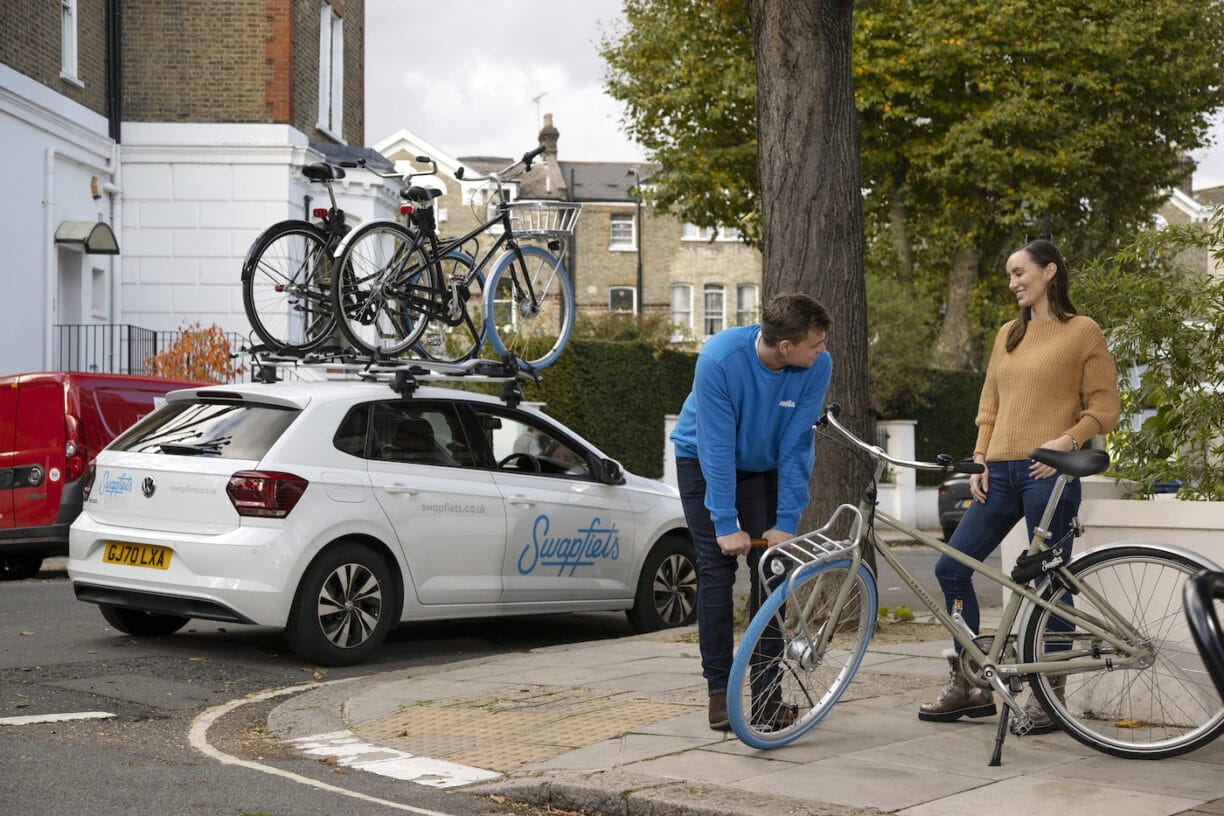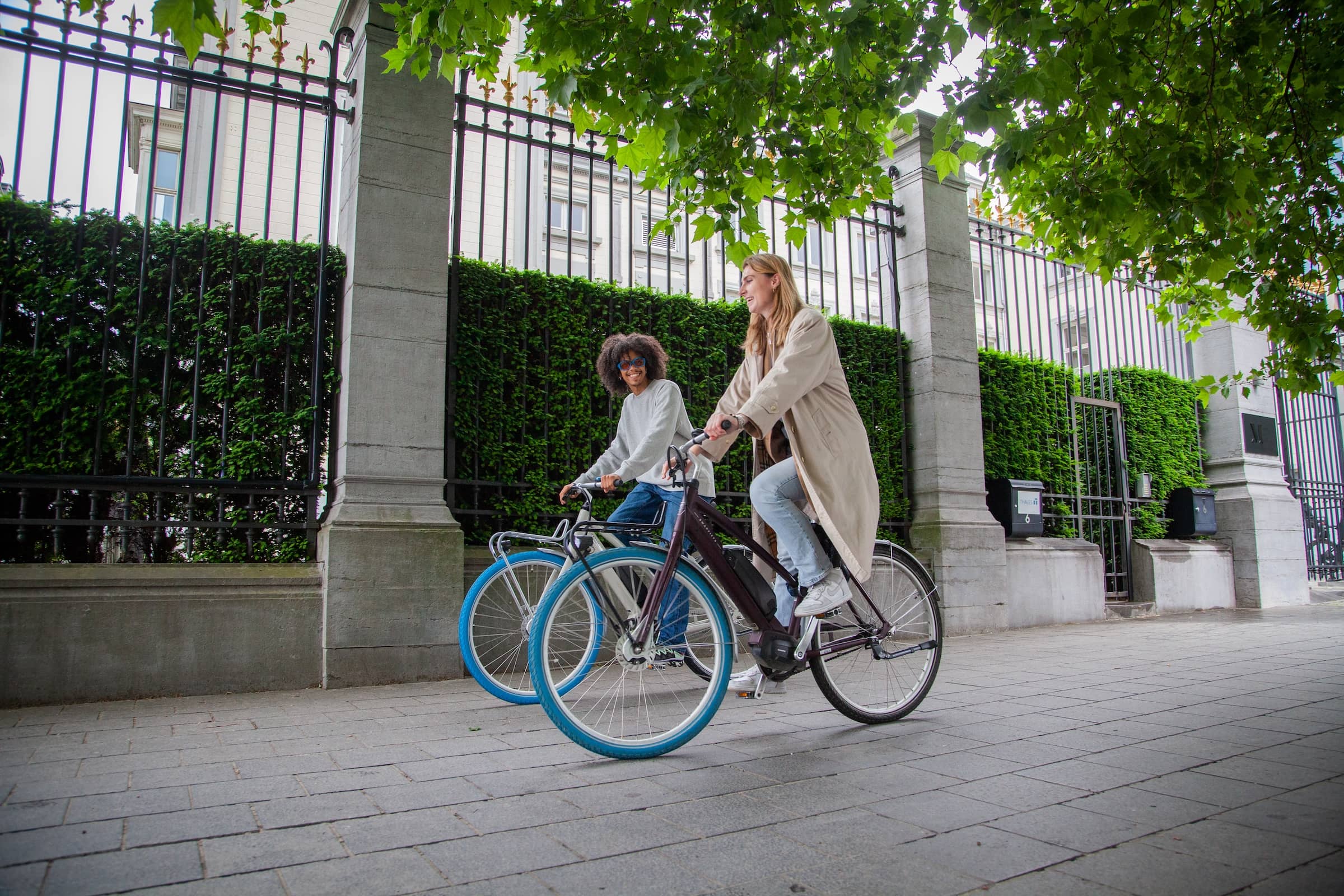Let’s be honest, the idea of cycling through the heart of a bustling city sends shivers down the spine of most Brits. And for good reason.
A staggering 90% of UK adults are downright scared of cycling in urban areas, with Sheffield earning the title of the most dangerous city for cyclists.
Swapfiets, a bike subscription service, conducted a survey of 2,000 Brits and uncovered that cycling in cities like Nottingham, Brighton, Plymouth, and Cardiff isn’t much better.
The study found that the list of the top 10 most dangerous cities for cyclists also includes Bristol, Birmingham, Manchester, Belfast, and Southampton. These results make it clear: fear of urban cycling isn’t just limited to a few spots—it’s an issue across the nation.
| City | Fear Percentage (%) |
|---|---|
| Sheffield | 62% |
| Nottingham | 59% |
| Brighton | 58% |
| Plymouth | 55% |
| Cardiff | 52% |
| Bristol | 49% |
| Birmingham | 49% |
| Manchester | 48% |
| Belfast | 48% |
| Southampton | 47% |
What’s Behind the Fear?
It’s not just about falling off the bike. The main reason cyclists avoid the streets is fear of being hit by a car, with a whopping 68% of respondents listing it as their top concern.
Road rage, which we all know is rampant, came in second at 54%, and theft concerns aren’t far behind, with 47% fearing that someone will swipe their ride. Some even worry about losing control of their bike (34%) or getting lost (27%).
What’s especially telling is that older Brits are far more cautious, with almost 90% of people aged 35-44 saying they’re terrified to cycle in the city.
| Safety Concern | Percentage (%) |
|---|---|
| Being hit by a car | 68% |
| Road rage | 54% |
| Bike theft | 47% |
| Losing control of the bike | 34% |
| Getting lost | 27% |
Meanwhile, the under-24 crowd seems to have the least anxiety about it, with less than a quarter expressing concern.
But perhaps the most troubling stat is that women are more than twice as likely to feel scared about cycling in urban areas. Nine in ten women report being anxious about hopping on a bike, compared to just two in five men.
Swapfiets to the Rescue

To help ease those city cycling jitters, Swapfiets is rolling out its “worry-free” cycling sessions once again. But don’t think of these as your standard bike tours.
These sessions, led by Swapfiets’ own team of experts, are designed for cyclists of all abilities.
Whether you’ve been cycling for years or are just starting out, Swapfiets’ experts are there to help, guiding you through the city and boosting your confidence.
It’s all about getting rid of those nerves that stop so many people from giving cycling a try. It’s a smart move that just might help take the edge off the anxiety gripping so many would-be riders.
Rory MacPhee, UK Country Manager at Swapfiets, said: “The findings of our study are a wake-up call. With over 90% of the nation fearing urban cycling and projected failures to meet 2030 net zero targets, it’s clear that current efforts are falling short.
“We’re calling on the government to not only reinstate but increase the active travel budget in October. Improved cycling infrastructure and education are critical to overcoming the barriers that prevent people from choosing sustainable transport options.
By prioritising these investments, we can address climate goals, improve public health, and create more livable cities for all.”
Time for Action
Let’s be honest, the way things are with urban cycling in the UK is a real roadblock. Sure, 55% of people say they want more car-free zones, and 44% say they’d love to cycle more. But here’s the kicker—only 12% actually do.
Why? Fear. And unless the government steps in to provide safer infrastructure and better cycling education, those numbers aren’t going to change.
What we need are protected bike lanes, more car-free zones, and a robust public campaign that doesn’t just show off how fun cycling can be but actively makes it safer.
If the UK wants to hit its 2030 net zero targets, investing in cycling infrastructure isn’t optional—it’s essential.
Cycling isn’t just a fun way to get around, it’s a vital part of making cities more livable, cutting down emissions, and improving public health.
Final Thoughts
If we really want cycling to feel safer and more inviting in the UK, we’ve got to deal with the fears that keep people off their bikes—especially in cities like Sheffield and Nottingham, which are some of the toughest places for cyclists.
The sooner policymakers, city officials, and cycling advocates get on the same page, the sooner we’ll create cities where getting on a bike is a no-brainer, not a risky bet.
Swapfiets’ worry-free cycling sessions are a good start, but we need more government support to make a real difference.
With better bike lanes and some public education, urban cycling can become a safe and appealing choice for everyone.





